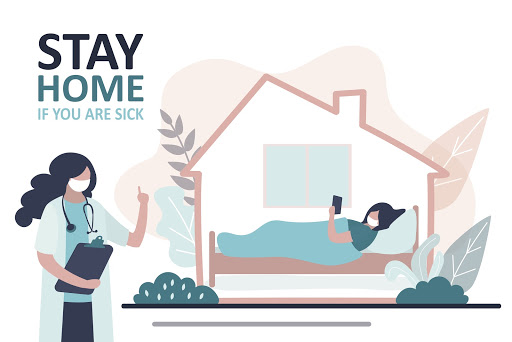Differences between COVID-19 and Common Illnesses
Hi! This is Dr. Zhang, Medical Director at Haven Elite Urgent Care. Over the past several weeks, people have been interacting in public more, exposing themselves not only to coronavirus but also to other illnesses. Although it’s not flu or common-cold weather just yet, I’ve been seeing a spike of sore throat, sinus congestion, cough, vomiting and diarrhea, etc. in our urgent care. Today, I’ll explain the differences between COVID-19 and Common Illnesses like the flu, the common cold, seasonal allergies, and strep throat. Then, I’ll give you some tips on how to manage them, and I’ll suggest the next steps to take.
Can You Tell the Differences between COVID-19 and Some Common Illnesses?
COVID-19, allergies, colds, the flu, and strep throat may share some similar symptoms, but they also have a few key differences. To help you recognize each illness. I’ve put together a chart of the most common symptoms, along with the symptoms that appear less frequently.
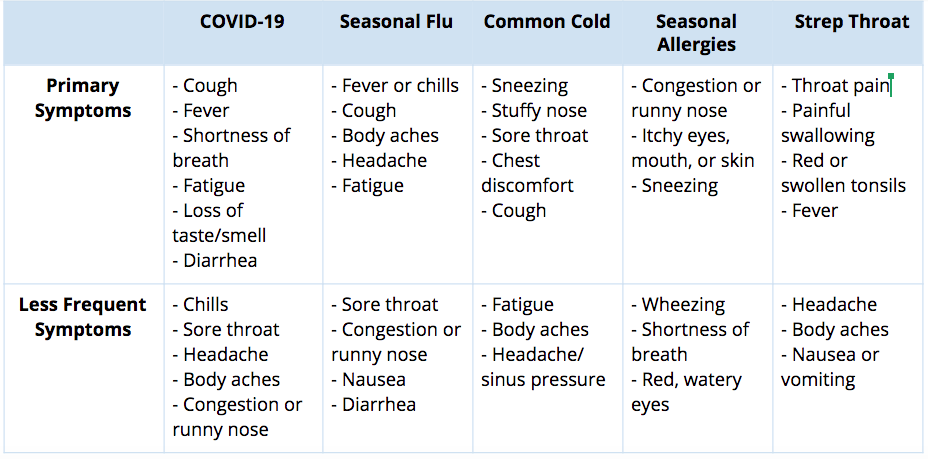
As you can see from the chart above, the primary symptoms of COVID 19 that you should be looking for are fever, cough, shortness of breath, and fatigue. Although we are seeing a variety of other symptoms as well. Keep an eye on diarrhea, loss of taste and/or smell, sore throat, sinus congestion, headaches, rashes; affecting multiple organ systems.
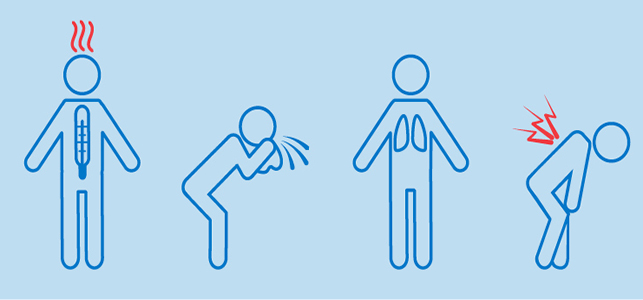
Major Differences between COVID-19 and Some Common Illnesses
You can think of allergies as having more “itchy” symptoms – this means red, itchy eyes, a tickling nose, and sneezing. Seasonal allergy symptoms are also chronic and vary with the environment, meaning that they constantly recur when you’re around the substance you’re allergic to. The symptoms of a cold are persistent, but allergy symptoms tend to disappear once you change environments.
Cold symptoms also resolve within a few days of rest. So, if your symptoms get worse, you’re probably not dealing with the common cold.
Strep throat differs from all the other illnesses because it doesn’t typically come with cough or runny nose. According to a World Health Organization study, 13.9 percent of COVID-infected people reported having a sore throat. So even though it is a potential coronavirus symptom, it’s much less common than fever, cough, and shortness of breath as the presenting symptoms for Covid-19.
The flu has the most in common with the coronavirus in terms of how it affects the body. Both can present with fever, cough, shortness of breath, and fatigue. Chills, headache, body aches are less common with COVID-19, but the majority of the symptoms are the same. Since it can be difficult to differentiate the two, I recommend getting the flu vaccine to at least minimize the risk of getting the flu. If you’re interested, this article by the CDC compares the flu and COVID-19 in more depth.
How to Treat Common Illnesses
If you do get sick with any of these illnesses, here are some ways to help you lessen your symptoms and keep yourself and others safe!
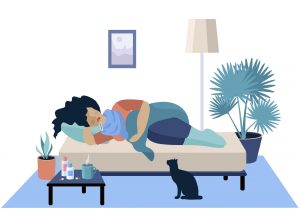
- Seasonal Allergies
To minimize the effects of allergies, you can avoid pesky allergens by keeping windows closed and rinsing or changing clothes after going outside. Plus, the most effective way to prevent seasonal allergies is also the best way to prevent the spread of COVID — stay home!
- The Common Cold
There isn’t a direct cure for a cold, but the symptoms are usually mild and only last for less than a week. You can speed up your recovery by drinking lots of fluids and resting. Plus, taking some decongestants to help with the stuffy nose and headaches.
- Flu
Drinking liquids and resting are also good for rapid recovery from the flu. You can take pain relievers like Tylenol and Ibuprofen, or you can come into our urgent care. Our doctors can prescribe antiviral medication to lessen the severity of the illness. You can also prevent getting the flu by vaccinating against it.
- Strep throat
A sore throat can hurt quite a bit, so to relieve the pain, you can gargle with salt water, rest, drink lots of fluids, and take some pain relievers. At Haven Elite Urgent Care, we can also run a rapid antigen test to diagnose you. Then can prescribe you with antibiotics if needed.
- Coronavirus
If you have any symptoms of COVID-19, make sure you self-isolate at home and call your doctor for advice and to get tested. Remember, COVID symptoms and severity vary from person to person and the disease spreads quickly through contacts. So, it is imperative you stay alert of these symptoms and self isolate as early as possible.
Still Not Sure? Get Tested for COVID
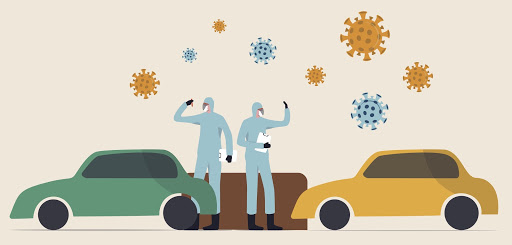
If you have reason to believe you may have coronavirus, either because you have symptoms or you were exposed to a positive case, you should get tested. Stay home and self-isolate to prevent spreading the virus, and call Haven Elite Urgent Care for medical advice. We can evaluate your situation and if needed, help you schedule a time to drive to our clinic. Further, you can get tested for COVID-19 from the safety of your own car.
Let’s Review:
If you’re feeling under the weather, there are several different possibilities as to why. Hopefully, this article helped you differentiate the symptoms of COVID-19 and some other common illnesses. That way, you can recognize them if they arise. The key to stop the spread of coronavirus is through early recognition, self-isolation, and contact tracing.
Let’s all practice good, responsible health habits, and together, we will get through this pandemic!
Be well,
Dr. Zhang
